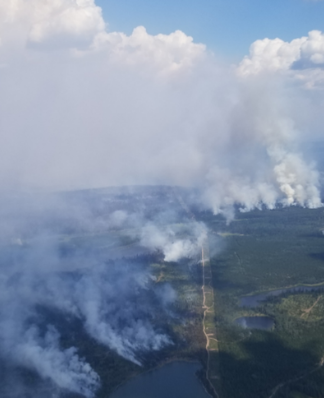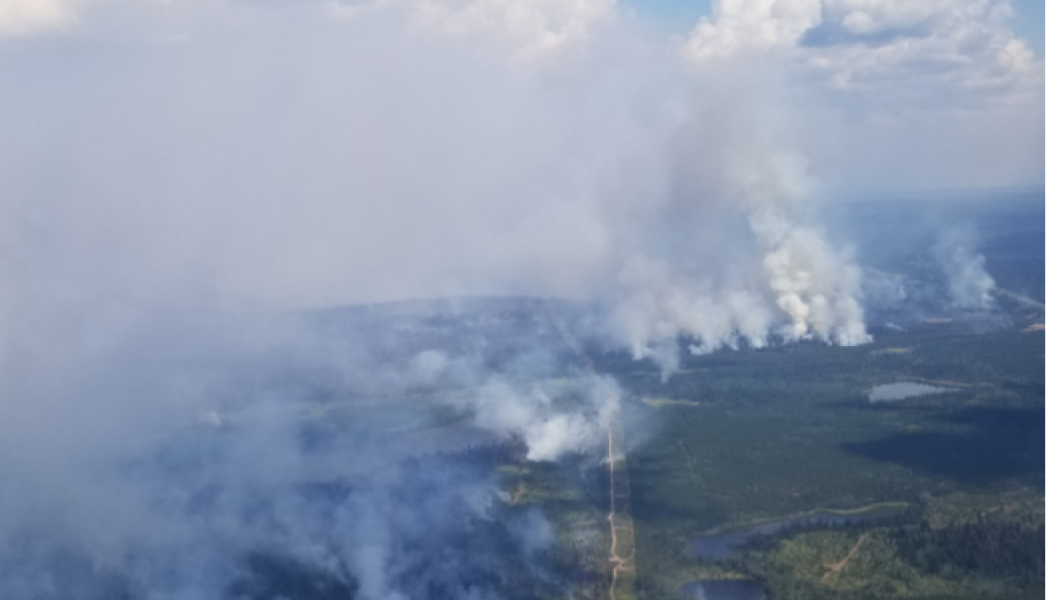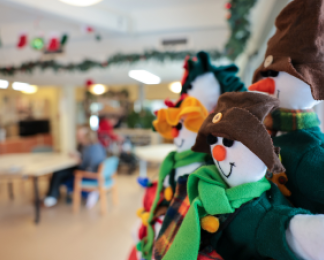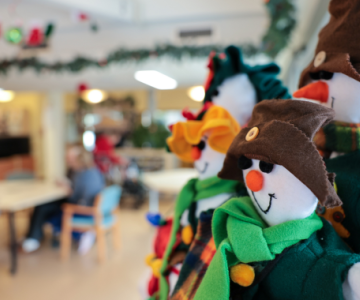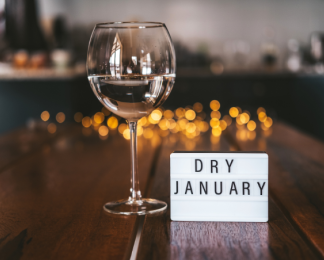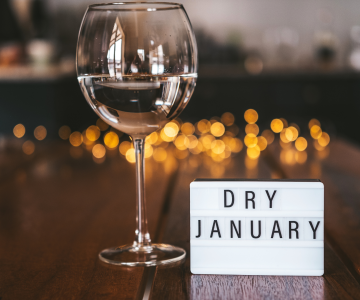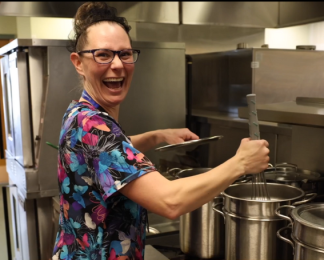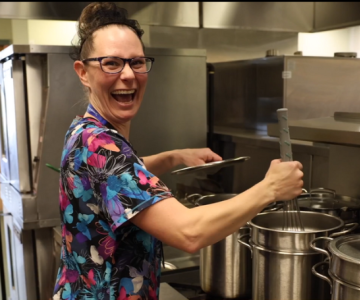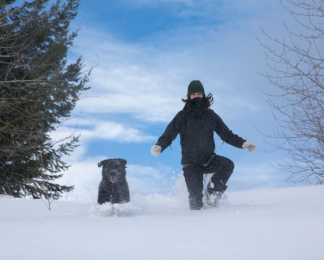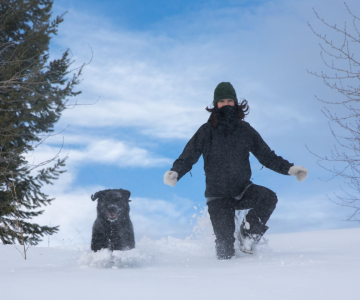Mother Nature is glorious but fickle – we never know what she is going to hand us.
Folks in the Chilcotin are known to be resourceful and resilient, but our mettle was significantly tested during the massive firestorm of 2017, when three major complexes - the Plateau, Hanceville and West Chilcotin - burned 8,193 square kilometres. During the 2021 fire season, this area was under threat again as two significant wildfires at Big Stick Lake and Hotnarko Creek kept people living along the Highway 20 corridor on high alert.
The West Chilcotin Health Centre is small, so we have to handle whatever walks through the door. The building has a generator that starts automatically when the power cuts to allow continuous care. We are equipped with radios to connect with the local Search and Rescue, various community repeater systems, a satellite phone and spot device with text-based communication, and a GPS location tied to our manager’s email should we need further emergency assistance. We stock bottled water and dry food along with a small warehouse of medical supplies in case our highway is shut down.
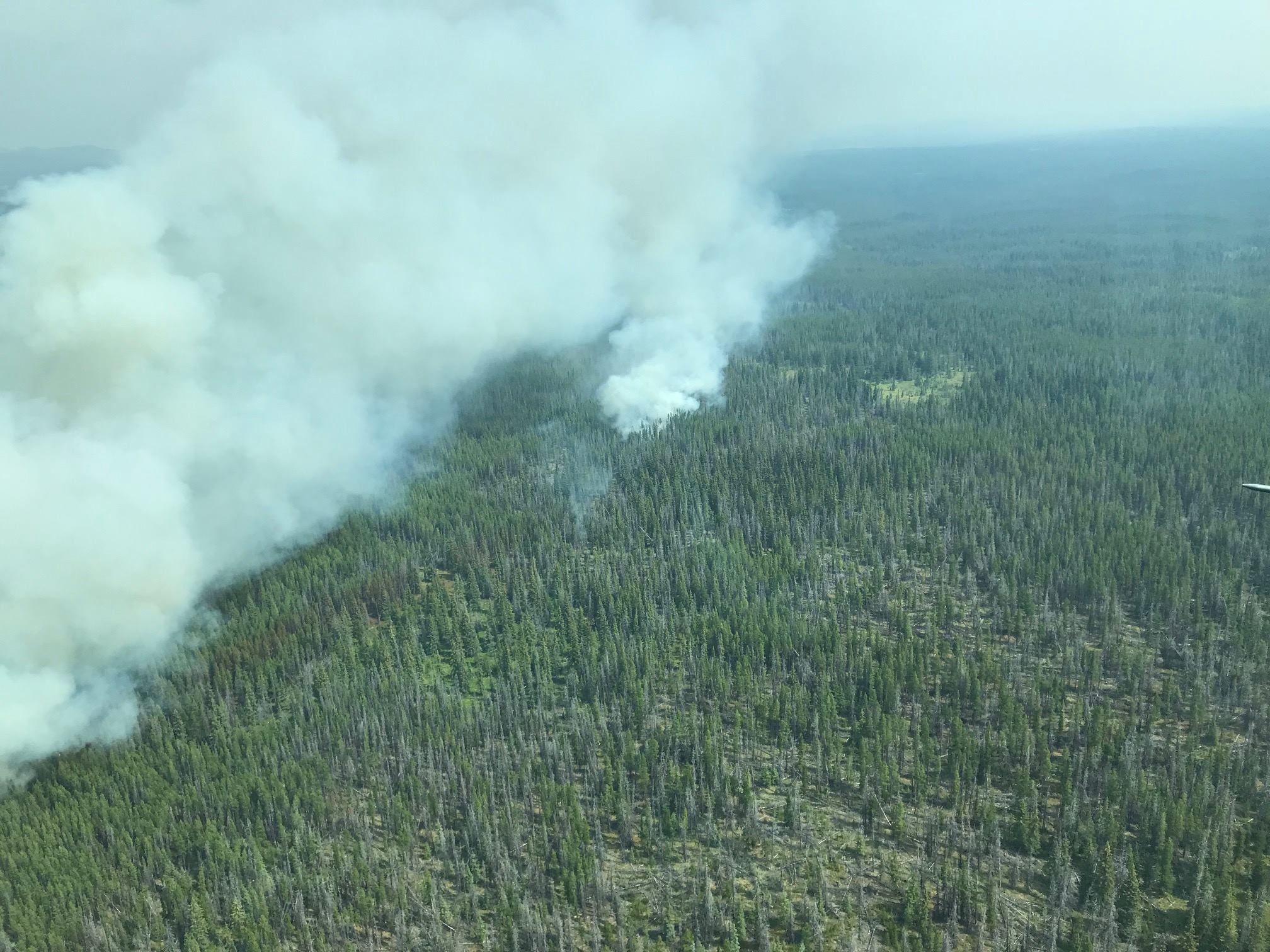
During the 2017 wildfires, one of our biggest challenges was acquiring medications for patients while the highway was closed. Our nurse practitioner Patrice Gordon and I gathered information about what medications our patients needed; some patients are so remote they required visitation by horseback from Patrice. We called the prescriptions into a Shopper’s Drug Mart in Nanaimo and they flew the medications into Bella Coola, where the medications were picked up by the RCMP and driven to the clinic or the local manor, where I was assisting after hours making food for fire crews.
The thing that I always take away from any disaster is how important it is to be fluid: for our patients and for ourselves. We must keep adjusting to whatever changes are thrown at us each day. No two events will ever be the same. Being prepared is so very important but being able to adapt within that emergency will always be the biggest asset.
About the author

Lee Anne Wright provides administrative support as a health unit aide in Alexis Creek and Tatla Lake.
Natural Disaster Champions series
In 2021, the B.C. Interior region experienced a natural disaster season like none other. Interior Health staff stepped up and came together to support each other, patients, friends, family and communities. We’re sharing the stories of staff members reflecting on how being prepared – at home and at work – can make all the difference when minutes matter.
